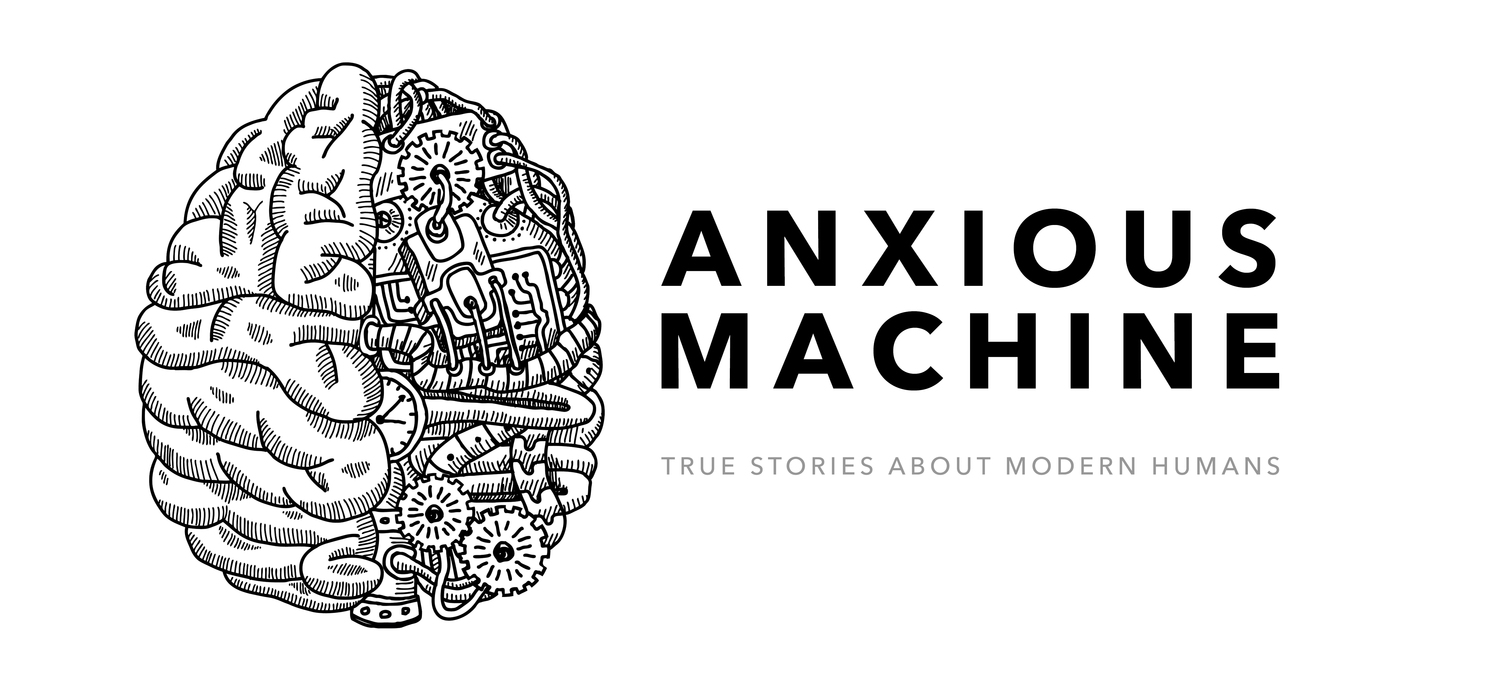The Economist on why we all feel so busy:
The relationship between time, money and anxiety is something Gary S. Becker noticed in America’s post-war boom years. Though economic progress and higher wages had raised everyone’s standard of living, the hours of “free” time Americans had been promised had come to nought. “If anything, time is used more carefully today than a century ago,” he noted in 1965. He found that when people are paid more to work, they tend to work longer hours, because working becomes a more profitable use of time. So the rising value of work time puts pressure on all time. Leisure time starts to seem more stressful, as people feel compelled to use it wisely or not at all.
That economic prosperity would create feelings of time poverty looked a little odd in the 1960s, given all those new time-saving blenders and lawnmowers. But there is a distinct correlation between privilege and pressure. In part, this is a conundrum of wealth: though people may be earning more money to spend, they are not simultaneously earning more time to spend it in. This makes time—that frustratingly finite, unrenewable resource—feel more precious.
